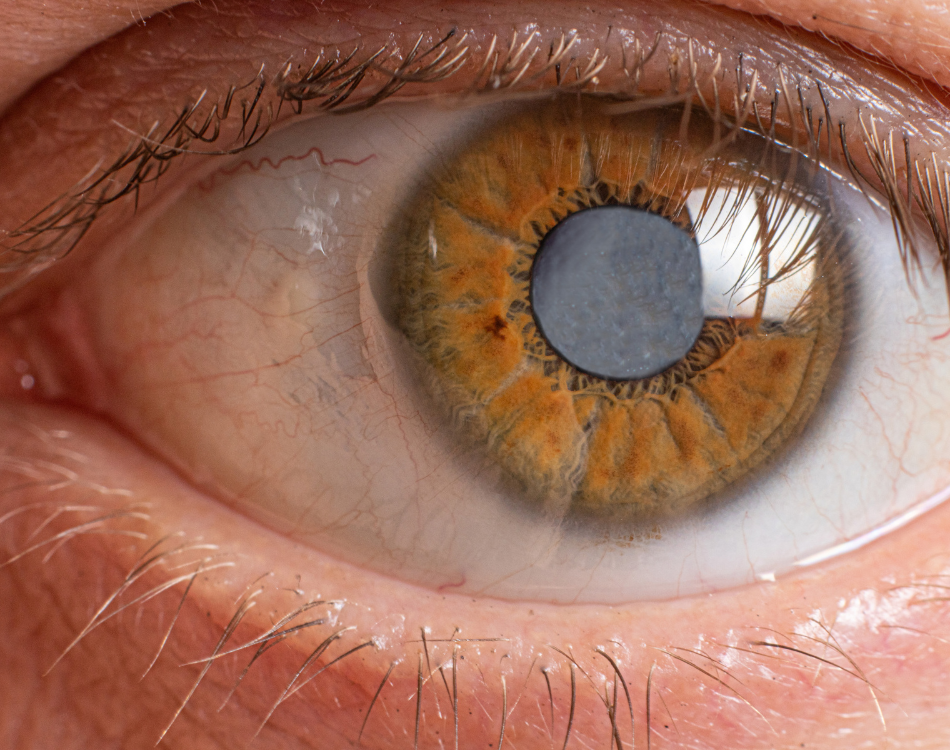Have you noticed your vision getting cloudier or dimmer lately? Struggling to read the newspaper or see faces clearly? These could be signs of cataracts, a common eye condition affecting millions globally. But fret not! Cataracts are treatable, and with the right knowledge, you can navigate diagnosis, surgery, and recovery with confidence.
What are Cataracts?
Imagine the lens of your eye as a camera lens. In a healthy eye, this lens is clear, allowing light to pass through and focus on the retina, creating sharp vision. But with cataracts, the lens protein breaks down, clouding the lens and blurring your vision.
Symptoms to Watch Out For:
- Cloudy or blurred vision: This is often the most noticeable symptom, like looking through a foggy window.
- Increased sensitivity to light and glare: Bright lights or headlights may seem uncomfortably glaring.
- Fading colors: Colors may appear dull or washed out.
- Frequent need for prescription changes: If your eyeglass prescription needs frequent adjustments, it could be a cataract symptom.
- Double vision: Seeing double in one eye can be a sign of cataracts.
When to See a Doctor:
If you experience any of these symptoms, schedule an appointment with your ophthalmologist (eye doctor). They will perform a comprehensive eye exam, including a painless test to assess the clarity of your lens and determine if cataracts are present.
Cataract Surgery: A Safe and Effective Treatment
Cataract surgery is a safe and routine outpatient procedure. During surgery, the clouded lens is removed and replaced with a clear artificial lens.
Modern Marvels of Cataract Surgery:
- Advanced Techniques: Technological advancements have made cataract surgery a precise and efficient procedure.
- Minimal Discomfort: Most patients experience little to no discomfort during surgery.
- Quick Recovery: Recovery time is generally quick, with most people noticing improvement in their vision within days.
Life After Cataracts: A Brighter Future
Cataract surgery can significantly improve your vision and quality of life. Here’s what to expect after surgery:
- Follow Doctor’s Orders: Your doctor will provide specific instructions on medication use, eye drops, and activity restrictions.
- Embrace the Brighter World: Enjoy the rediscovery of clearer, sharper vision! Most patients experience a significant improvement in their ability to see colors, read, and navigate daily activities.

